6 Politicians Who Got the Science Wrong
Get the world’s most fascinating discoveries delivered straight to your inbox.
You are now subscribed
Your newsletter sign-up was successful
Want to add more newsletters?

Delivered Daily
Daily Newsletter
Sign up for the latest discoveries, groundbreaking research and fascinating breakthroughs that impact you and the wider world direct to your inbox.

Once a week
Life's Little Mysteries
Feed your curiosity with an exclusive mystery every week, solved with science and delivered direct to your inbox before it's seen anywhere else.

Once a week
How It Works
Sign up to our free science & technology newsletter for your weekly fix of fascinating articles, quick quizzes, amazing images, and more

Delivered daily
Space.com Newsletter
Breaking space news, the latest updates on rocket launches, skywatching events and more!

Once a month
Watch This Space
Sign up to our monthly entertainment newsletter to keep up with all our coverage of the latest sci-fi and space movies, tv shows, games and books.

Once a week
Night Sky This Week
Discover this week's must-see night sky events, moon phases, and stunning astrophotos. Sign up for our skywatching newsletter and explore the universe with us!
Join the club
Get full access to premium articles, exclusive features and a growing list of member rewards.
Science-Challenged Politicians
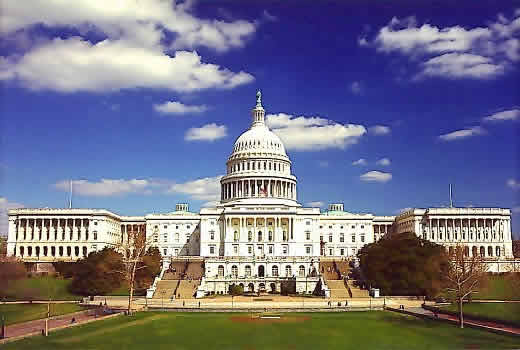
America does not necessarily elect her politicians for their scientific savvy. So when the issues of the day require a grasp on science, politicians' statements can get a little weird. Here are six examples of politicians who have stumbled over science.
Todd Akin and "legitimate" rape
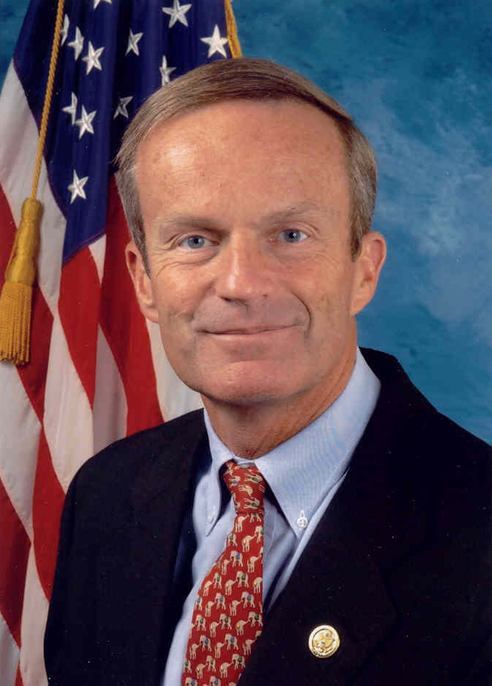
Rep. Todd Akin (R-Mo) is in hot water with the public — and his own political party — for claiming that pregnancy from "legitimate rape" is rare because "the female body has ways to try to shut that whole thing down."
Akin's views, which he has since recanted, are extremely non-scientific. Pregnancy requires sperm and egg, and it doesn't matter how the two meet.
Rick Santorum's "Tell that to a plant."
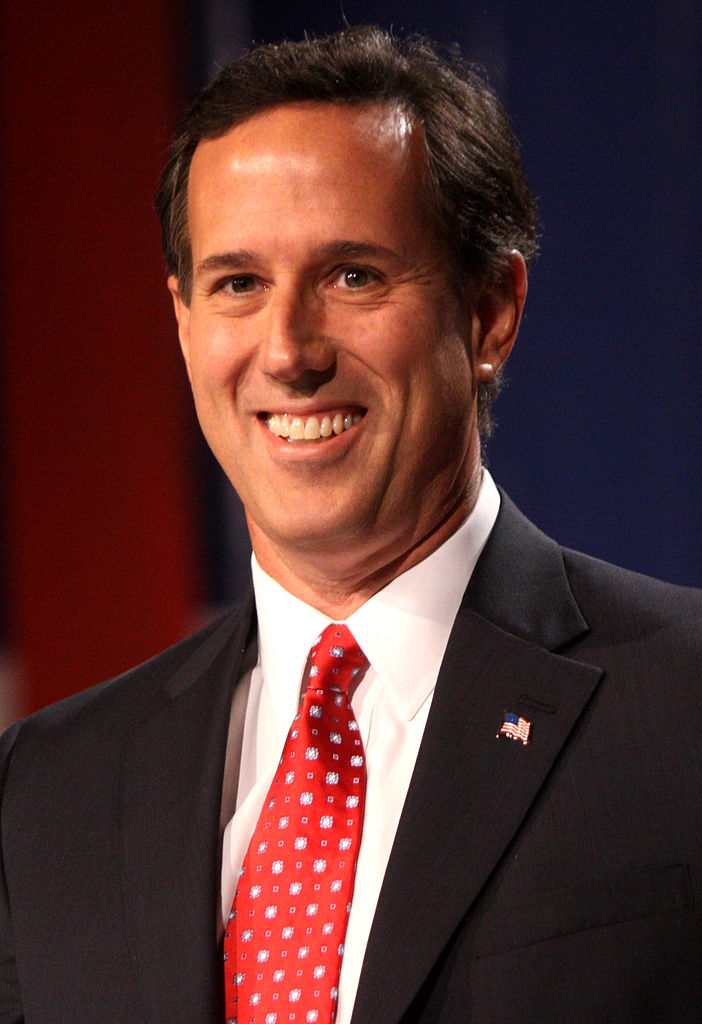
> Former Pennsylvania senator Rick Santorum is an avid denier of global warming, decrying warnings of climate change as a hoax. In one of his more memorable comments, Santorum scoffed at fears of carbon emissions in a speech at the Gulf Coast Energy Summit in Biloxi, Miss.
"The dangers of carbon dioxide?" Santorum said on March 12, 2012. "Tell that to a plant, how dangerous carbon dioxide is."
Santorum is not alone in his use of the "carbon is not dangerous" talking point. Rep. Michele Bachmann (R-Minn.) has downplayed human carbon emissions arguing that carbon dioxide is "natural," and saying, "life on planet Earth can't even exist without carbon dioxide." [Busted! 10 Climate Change Myths]
Plants do require carbon dioxide for photosynthesis. But what's the saying about too much of a good thing? In fact, too much CO2 can actually decrease photosynthesis in some plants, according to a 1985 study published in the journal Photosynthesis Research. Overdosing on CO2 can also prevent some grasses, including wheat, from taking up nitrate, a crucial nutrient for plant growth, according to research published in the journal Science in 2010.
Get the world’s most fascinating discoveries delivered straight to your inbox.
More importantly, carbon dioxide is a greenhouse gas, meaning it traps heat in our atmosphere. As such the gas can be very dangerous if it means an increase in global average temperatures that melt ice caps, raise sea levels and cause more extreme weather events.
Michele Bachmann's vaccine blunder

After a Republican debate in September 2011, then-presidential nominee hopeful Rep. Michele Bachmann went on Fox News and NBC with an anecdote warning against Gardasil, a vaccine that protects against a virus that can cause cervical cancer.
"There’s a woman who came up crying to me tonight after the debate," Bachmann told Fox's Greta Van Susteren. "She said her daughter was given that vaccine. She told me her daughter suffered mental retardation as a result of that vaccine. There are very dangerous consequences."
Bachmann's comments reflect anti-vaccine notions found on both the political right and left, but they don't appear to reflect reality. The Food and Drug Administration (FDA) and the Centers for Disease Control and Prevention (CDC) keep a national database of adverse vaccine reactions. For Gardasil, the most common problems are fainting (from the jab), pain and redness at the site of the injection, and dizziness, nausea and headache. There have not been reports of mental retardation caused by the vaccine.
Christine O'Donnell and the mice with human brains

Sometimes, political science-gaffes spring from misremembered news bites. That seems to be the case for Christine O'Donnell, a Tea Party favorite who, during an appearance on The O'Reilly Factor in 2007, made a strange case against cloning and stem-cell research.
"American scientific companies are cross-breeding humans and animals and coming up with mice with fully functioning human brains," O'Donnell said. "So they're already into this experiment."
Not quite. It seems the research O'Donnell was referring to was a 2005 study in which fetal mice were injected with human embryonic stem cells. The mice were born with human brain cells in their skulls, but certainly not human brains — and there was no "cross-breeding" involved. The mouse brains were more than 99 percent mouse cells, and the interloping neurons did not change the rodents' behavior. The ultimate goal of the study was to develop stem-cell treatments for neurological diseases, such as Parkinson's and Alzheimer's.
Tom Coburn and breast implants
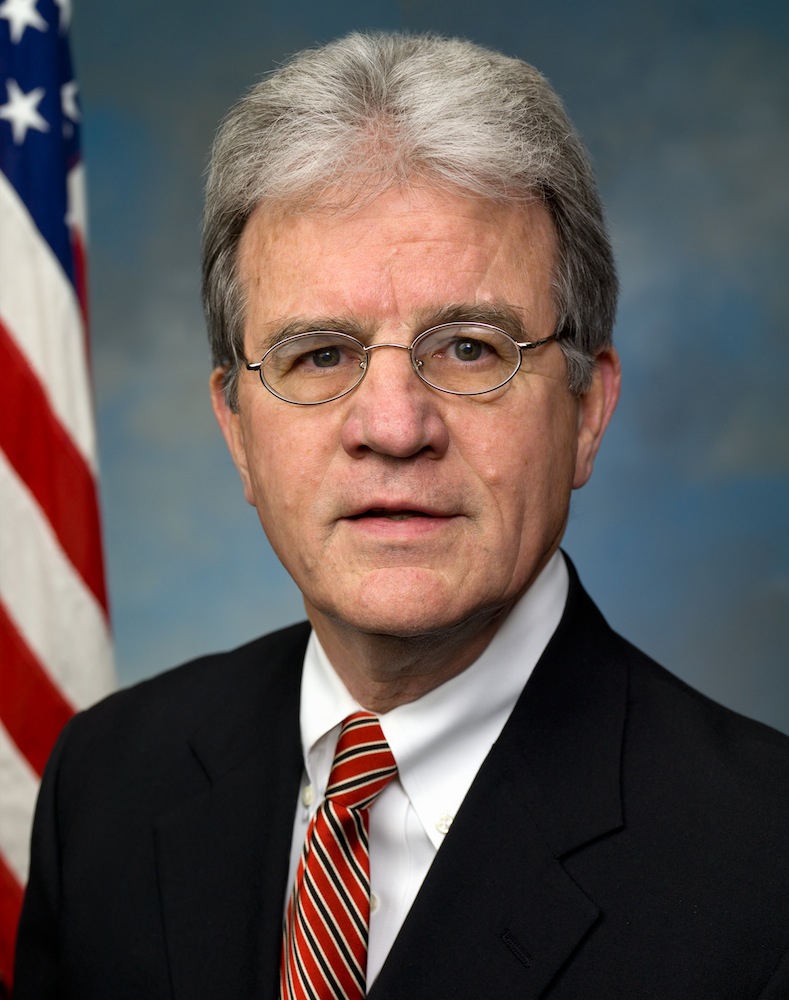
Are breast implants good or bad for you? Don't ask Sen. Tom Coburn (R-Okla.). During a 2005 Senate Judiciary Committee hearing about class-action lawsuits, Coburn brought up lawsuits related to silicone breast implants.
"I thought I would share with you what science says today about silicone breast implants," the Washington Post quotes Coburn saying. "If you have them, you're healthier than if you don't. That is what the ultimate science shows. … In fact, there's no science that shows that silicone breast implants are detrimental and, in fact, they make you healthier."
It's not entirely clear what health benefits Coburn was referring to, though SourceWatch, a website run by the Center for Media and Democracy, suggests that perhaps he meant to reference a 2005 study published in the journal Breast Cancer Research that found that women who got breast implants after mastectomy from early-stage cancer had less risk for later breast cancer mortality than women who did not get them. The women with implants were younger and less likely to have disease that had spread than the women who did not get the implants, however. [Cleavage Countdown: 8 Facts About Breasts]
According to the National Cancer Institute, there is no association between breast implants and later breast cancer. The center did not, however, report any health benefits for a boob job.
Obama's autism waffling
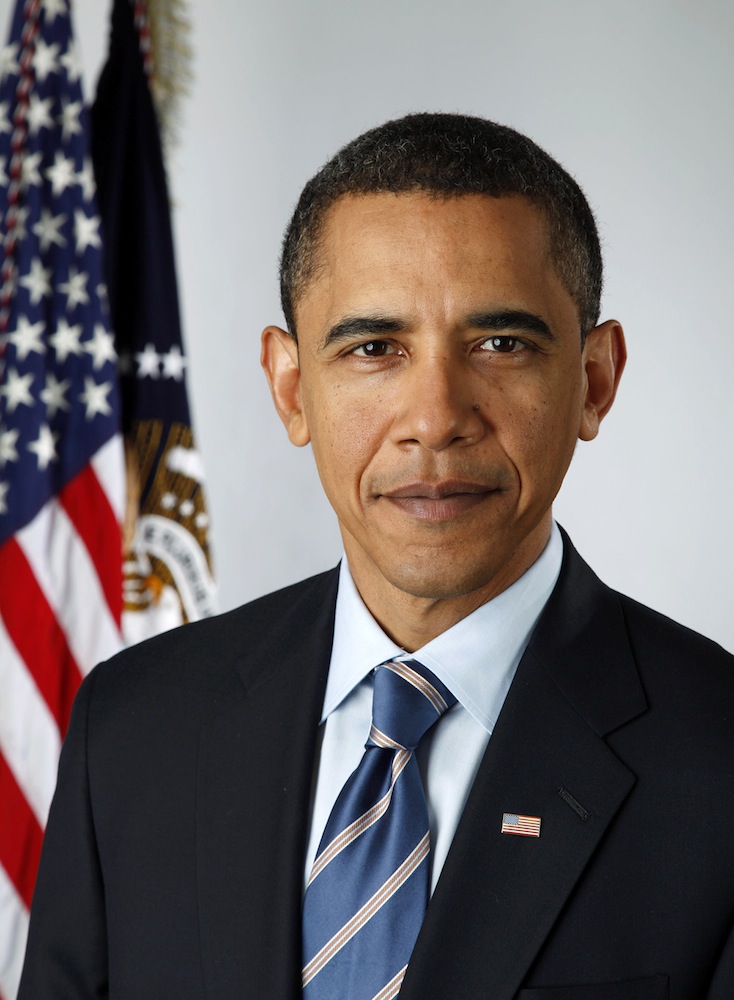
During the presidential campaign of 2008, then-candidate Barack Obama struggled with the science of vaccines and autism. At a rally in Pennsylvania, Obama told the crowd, "We've seen just a skyrocketing autism rate. Some people are suspicious that it's connected to the vaccines … The science right now is inconclusive, but we have to research it."
While Obama avoided touting a link between vaccines and autism, his statement on "inconclusive" research doesn't pass muster. There is no evidence that vaccines cause autism, despite multiple studies that attempted to find such a link. In fact, the study that first touted this link was retracted in 2010 by the journal The Lancet, after an independent council concluded that the study was fatally flawed. For example, the 12 children in the study were cherry-picked by the researchers rather than being an arbitrary sample of patients as the paper had claimed.

Stephanie Pappas is a contributing writer for Live Science, covering topics ranging from geoscience to archaeology to the human brain and behavior. She was previously a senior writer for Live Science but is now a freelancer based in Denver, Colorado, and regularly contributes to Scientific American and The Monitor, the monthly magazine of the American Psychological Association. Stephanie received a bachelor's degree in psychology from the University of South Carolina and a graduate certificate in science communication from the University of California, Santa Cruz.
 Live Science Plus
Live Science Plus










